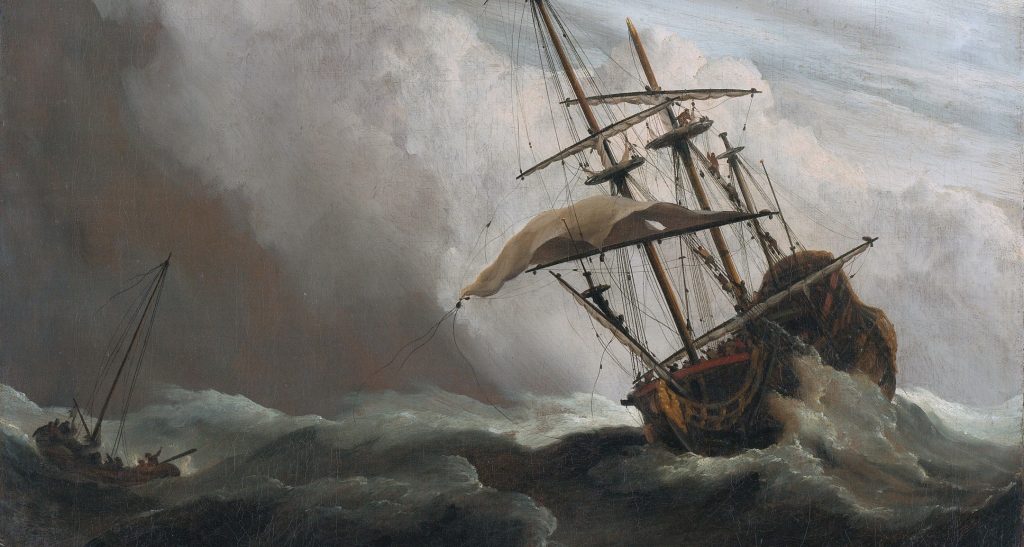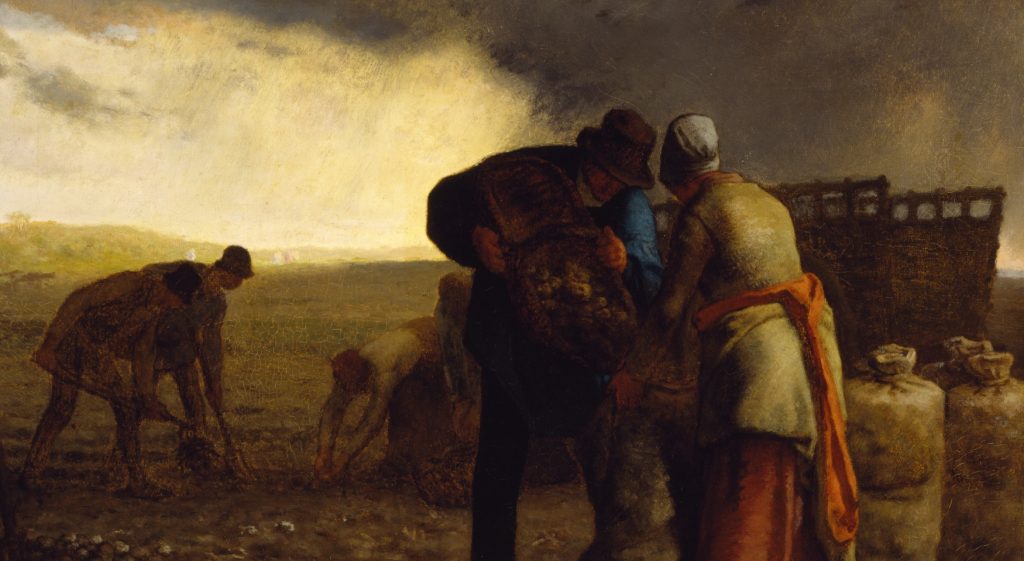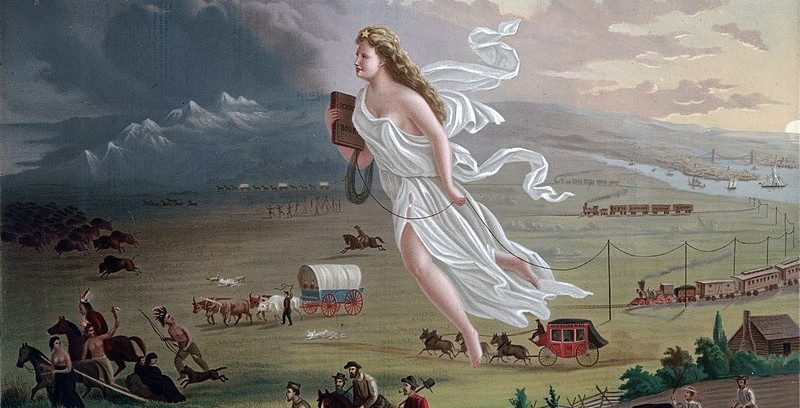
From Warsaw City Hall to Presidential Palace? We Know Donald Tusk’s Candidate for Polish Presidency
BY
Projekt Polska / November 29, 2024
On November 22, 2024, the Civic Coalition (Koalicja Obywatelska), the current ruling political party in Poland led by Donald Tusk, held its much-anticipated primaries to select a presidential candidate for the upcoming 2025 elections. All KO members took part in this internal vote, a test of the party\'s democratic procedures and its ability to unite behind a formidable candidate to retake the presidential palace from the incumbent PiS-backed Andrzej Duda.











